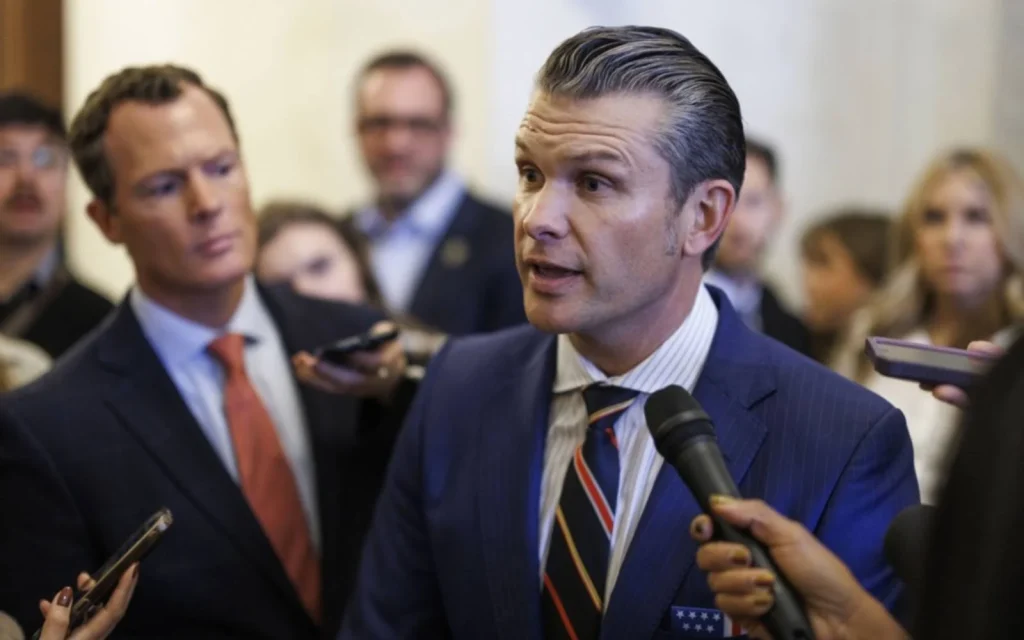Alright folks, buckle up! The Chinese government just dropped a bombshell – a comprehensive plan to transform the nation’s agricultural sector. Forget incremental changes, this is an all-out sprint towards building an agricultural superpower by 2035.

This isn’t just about growing more food, it’s about a fundamental shift. The plan, released jointly by the Central Committee and the State Council, aims for a system that’s resilient, technologically advanced, economically robust, and fiercely competitive. Frankly, it’s about time!
Let’s break down the core pillars. They’re slamming the brakes on anything that threatens food security and arable land – think of it as a sacred ground policy. They are aiming to create vibrant rural communities, places people want to live and work, not just exist. They want to truly empower farmers and improve their quality of life – and about damn time, too!
This initiative isn’t happening in a vacuum; it’s inextricably linked to China’s broader ambition of national rejuvenation and the ‘Chinese path to modernization.’ It’s a recognition that a strong nation needs a strong agricultural foundation.
Let’s dive deeper into key aspects:
Food Security First: Protecting the nation’s grain supply is paramount. This involves not only boosting production but also diversifying sources and improving storage/logistics.
Rural-Urban Integration: Bridging the gap between rural and urban areas is crucial. This means providing rural residents with access to better services, infrastructure, and economic opportunities.
Technological Advancement: Expect a heavy investment in agritech – from precision farming to biotech. We’re talking drones, AI, the whole nine yards. It’s a race for efficiency and innovation.
Resilient Supply Chains: The plan focuses on making the agricultural supply chain more robust and less vulnerable to external shocks. A smart move given the global instability.
Farmer Empowerment: Ultimately, the goal is to improve the livelihoods of farmers, giving them the tools and resources they need to succeed. This isn’t just good economics, it’s good policy.






